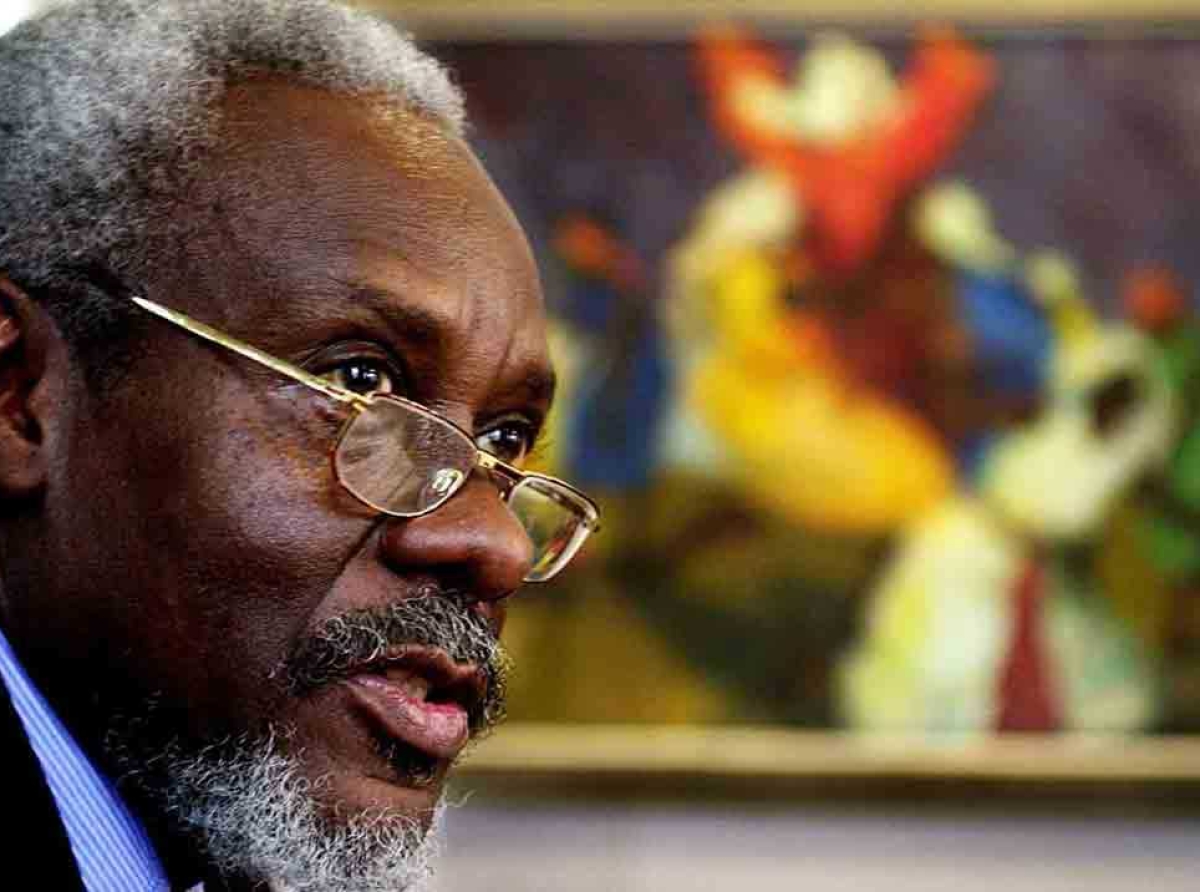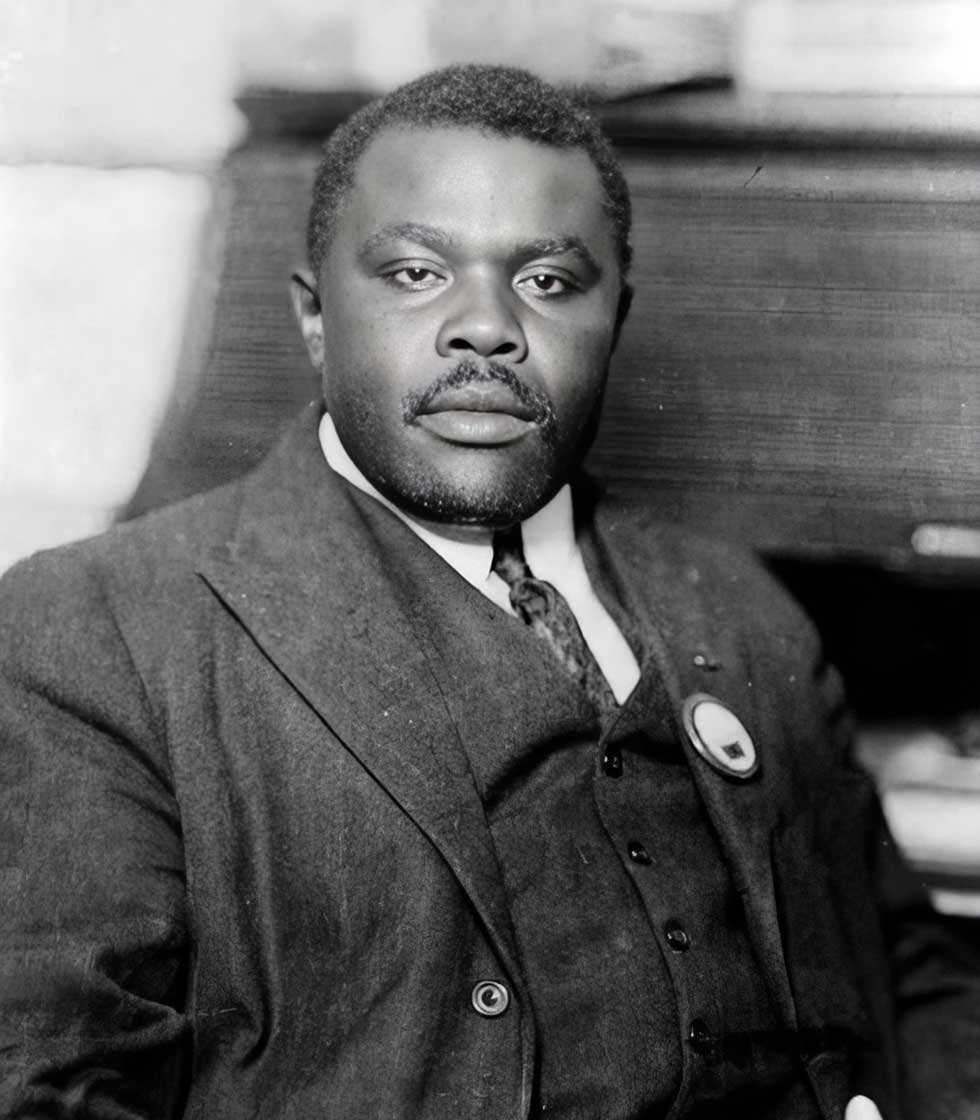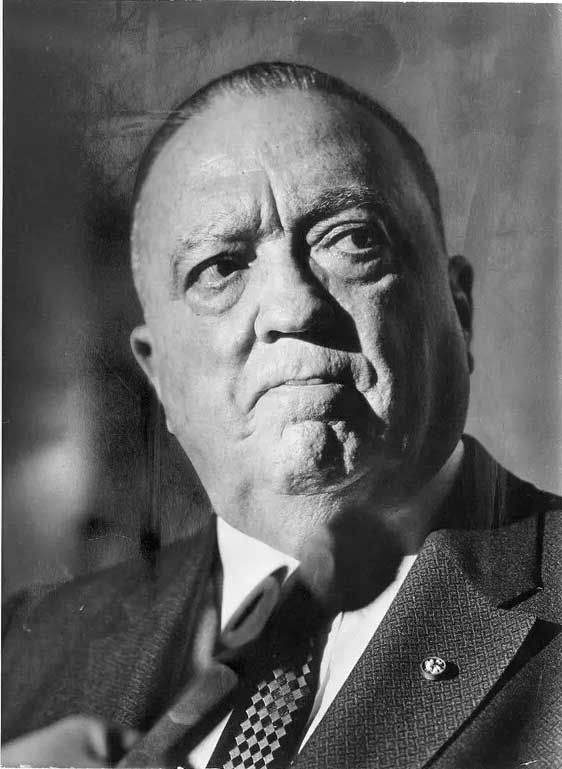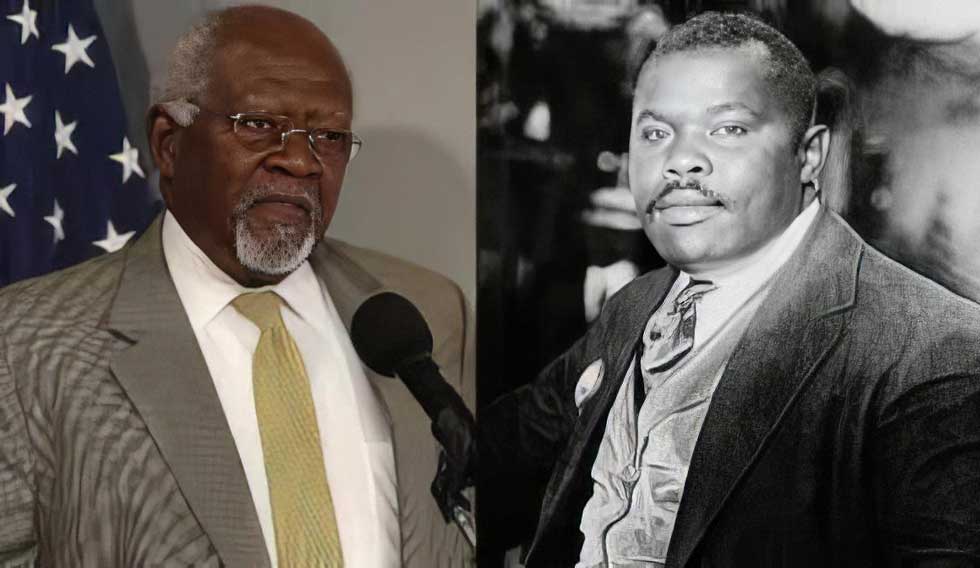JAMAICA | Justice Delayed - The Fight to Clear Marcus Garvey's Name: Exoneration, not Pardon!

MONTEGO BAY, Jamaica, August 18, 2024 - August 17 marked the 137th birth anniversary of Jamaica's National Hero Marcus Mosiah Garvey. He was born on August 17, 1887, in St. Ann's Bay, Jamaica, and passed away on June 10, 1940, in London, England. At the time of his death, he was 52 years old.
The campaign for exoneration with the goal of clearing his name is in an effort to correct the historical record. The reason this campaign is happening now, decades after Garvey's passing, is due to the lasting impact of his conviction on his legacy and the continued relevance of his work in civil rights and Pan-Africanism.
In a powerful appeal that has echoed through time, former Jamaican Prime Minister P. J. Patterson, a highly respected King's Counsel, has reignited the campaign to exonerate Marcus Mosiah Garvey, Jamaica's first National Hero.
This crusade seeks to overturn a century-old conviction that many argue was a grave miscarriage of justice, orchestrated by a system intent on silencing a visionary leader.
The Black Moses in a Land of Broken Promises

Despite the promise of freedom, African Americans faced a reality steeped in racism and violence.
Garvey's voice rose above the tumult, his words a salve to the wounds of generations.
"For three hundred years The Negroes of America have given their life blood to make the Republic the first among the nations of the world, and all along this time there has never been even one year of justice," he wrote, his pen dipped in the ink of hard truths.
The landscape Garvey encountered was grim. Patterson paints a vivid picture of the era: "His outright condemnation of innumerable instances of racial oppression, of lynching and burning as 'crimes against the laws of humanity, and a crime against the God of all mankind' was gospel to the ears of 370,000 African-Americans, who had fought against Nazism and Fascism in Europe but returned home to face violence and racism."
A Movement That Shook the Establishment
Garvey's ascent as a leader was meteoric. His Universal Negro Improvement Association (UNIA) swelled to six million members worldwide, a testament to the hunger for his message of empowerment and self-reliance.
The launch of the Negro World newspaper and the African Communities League further cemented his influence.
But success breeds enemies. As Patterson notes, "Garvey's oratorical skills, his passion for racial justice, his entry to the field of business and recruitment of black men and women to secure good paying jobs in his Negro Factories Corporation... were intolerable for White Supremacists and several agencies of the Federal Government."
The Architect of Garvey's Downfall
Enter J. Edgar Hoover, the powerful director of the Bureau of Investigation (precursor to the FBI).
Hoover saw in Garvey a threat to be neutralized at all costs. Patterson reveals the extent of Hoover's obsession: "He engaged black spies to infiltrate the U.N.I.A. and indulged in extensive surveillance which was among the most aggressive in his infamous programmes against Leaders of the civil rights movement."
After failed attempts to deport Garvey as an "undesirable alien," Hoover resorted to more insidious tactics.
The result was an indictment against Garvey and three directors on charges of "conspiracy to use the mail in furtherance of a scheme to defraud."
The Trial: A Mockery of Justice

The deck was stacked against Garvey from the start:
- An all-white jury in an era of entrenched racism
- A judge whose racist views were notorious, who falsely denied being a member of a group opposed to Garvey's mission
- A principal witness, merely nineteen years old, who was coached by prosecutors to commit perjury
Patterson doesn't mince words: "The Trial Judge should have recused himself... He was the Persecutor in Chief and the 12 White Jurors acted in compliance with his orders to return a verdict which was an egregious miscarriage of justice."
The Empty Envelope: A Case Built on Air
At the heart of the prosecution's case was a piece of evidence so flimsy it borders on the absurd. Patterson dubs it "The Case of the Empty Envelope," highlighting the Kafkaesque nature of convicting a man based on speculation about the contents of a piece of mail.
The prosecution's key exhibit was nothing more than the front and back of an envelope marked "Black Star Line." As Patterson explains, "The witness, Dancy did not testify that he received the envelope. He merely testifies that he recognized the envelope. The witness says that he cannot remember what was in the envelope."
Even more troubling was the prosecuting attorney's presentation of this crucial piece of evidence. According to Patterson, the attorney simply stated: "I offer the envelope in evidence on the ground it bears on the back a stamp 'Black Star Line'. It is a reasonable assumption that the envelope contained matter from the Black Star Line."
Patterson vehemently argues against this logic: "Where is the proof that it was mailed or caused to be mailed by Marcus Garvey? What was in it, if anything. How can it be assumed that it contained fraudulent matter?"
Legal Tenets Trampled
The former Prime Minister points out two fundamental legal principles that seem to have been brazenly disregarded in Garvey's trial:
- "He who asserts must prove."
- "It is for the State to prove beyond reasonable doubt what were the contents of the envelope and that they were inculpatory."
Patterson contends that allowing the jury to speculate on the contents of an empty envelope was a serious error of law. He argues, "There is not a scintilla of evidence that Garvey placed or caused to be placed in the mails the circular or letter described or referred to in this count of the indictment."
The lack of concrete evidence is further emphasized by Patterson's observation: "There is not one ounce of evidence what the empty envelope contained. It could have been exculpatory – containing Nothing about subscribing to shares in the Black Star Line fleet."
A Call for Exoneration, Not Pardon

"Marcus Garvey was not guilty of any offence of moral turpitude," Patterson declares. He emphasizes that this campaign is "not begging for mercy, or pleading for pardon as Marcus Garvey committed no crime."
A Century of Injustice: Time for Redemption
As we approach the centenary of Garvey's conviction, the call for his exoneration grows louder. The P.J. Patterson Centre for Africa-Caribbean Advocacy, in partnership with the Marcus Garvey Institute, is spearheading this global campaign.
Patterson's appeal transcends racial and national boundaries: "The petition for Garvey's posthumous exoneration should not be confined to persons of African ancestry. It deserves the support of every man and woman in every continent and island who loves justice and equality under the law."
In a final, stirring call to action, Patterson declares, "Let truth and justice prevail at last. Let freedom reign."
The question now remains: Will President Biden and the Justice Department heed this call and finally right a century-old wrong? The world watches, as the legacy of a man who dared to "Get Up, Stand Up, Stand Up for your Rights" hangs in the balance.
-30-
